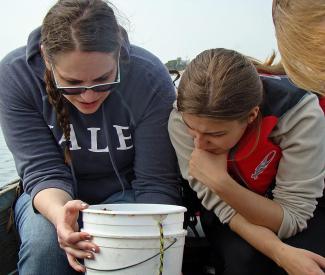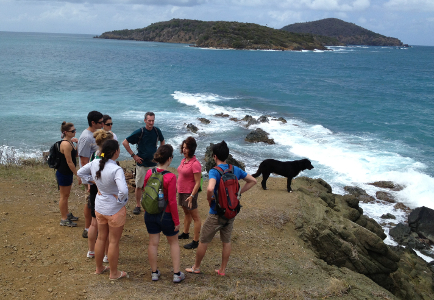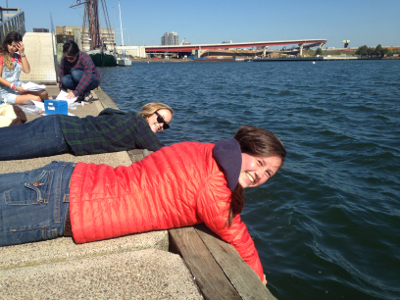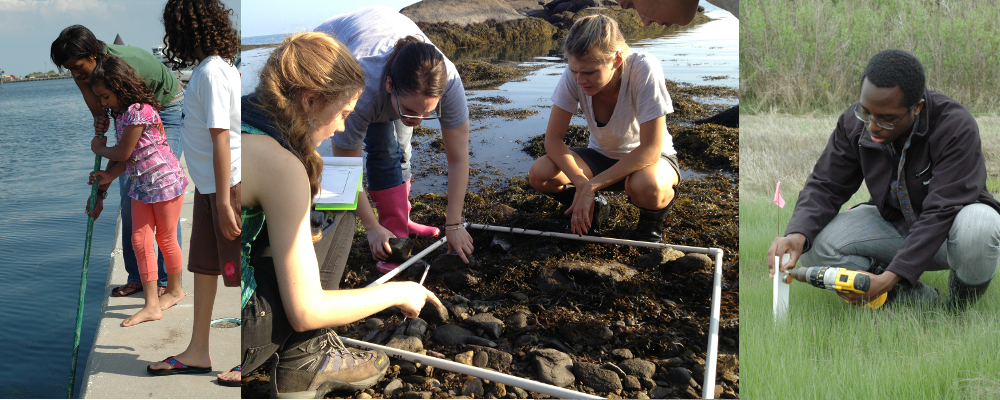Courses
Biological Oceanography
Biological Oceanography (FES734b, EEB275, EEB575, EVST400)
 This course explores a range of coastal and pelagic ecosystems and how these environments function as coupled physical/biological systems. Solar energy drives the structuring of the oceans in the vertical dimension, and the formation of both deep and surface currents. These currents are the means by which heat and material are redistributed, and are the determinants of where nutrients are available for support of primary production. The currents and other physical processes also determine the distribution and abundance of organisms from phytoplankton to fish, birds and whales. Anthropogenic impacts on oceans will also be explored, such as the effects of fishing and climate change. This natural science course will provide a foundation for those interested in the ecology of marine systems and in the management of coastal zones. (3 hours lecture, field trips)
This course explores a range of coastal and pelagic ecosystems and how these environments function as coupled physical/biological systems. Solar energy drives the structuring of the oceans in the vertical dimension, and the formation of both deep and surface currents. These currents are the means by which heat and material are redistributed, and are the determinants of where nutrients are available for support of primary production. The currents and other physical processes also determine the distribution and abundance of organisms from phytoplankton to fish, birds and whales. Anthropogenic impacts on oceans will also be explored, such as the effects of fishing and climate change. This natural science course will provide a foundation for those interested in the ecology of marine systems and in the management of coastal zones. (3 hours lecture, field trips)
Caribbean Coastal Development
Caribbean Coastal Development (FES 729b)

Coastal Environments in a Changing World
Coastal Environments in a Changing World (EVST 244)

